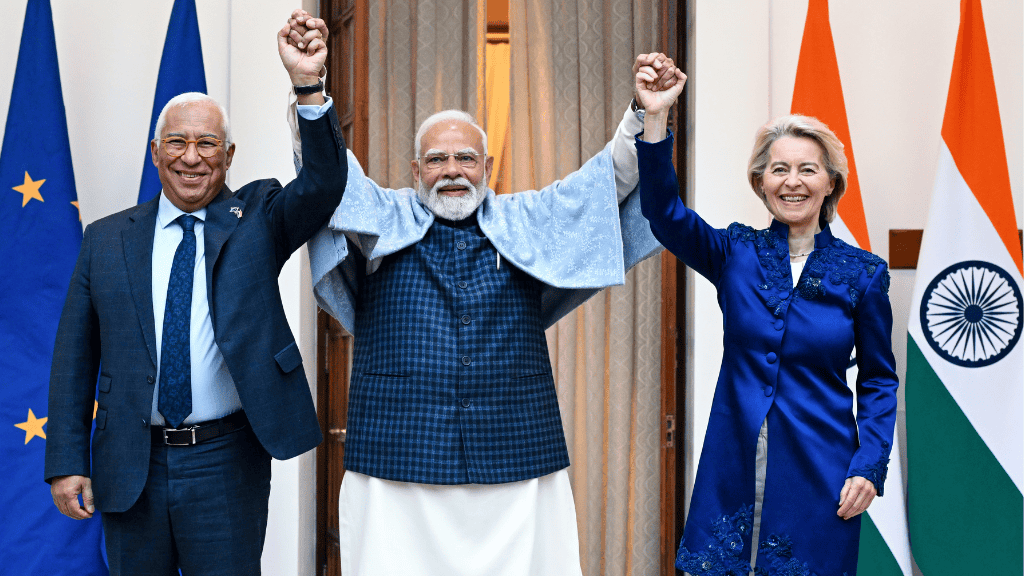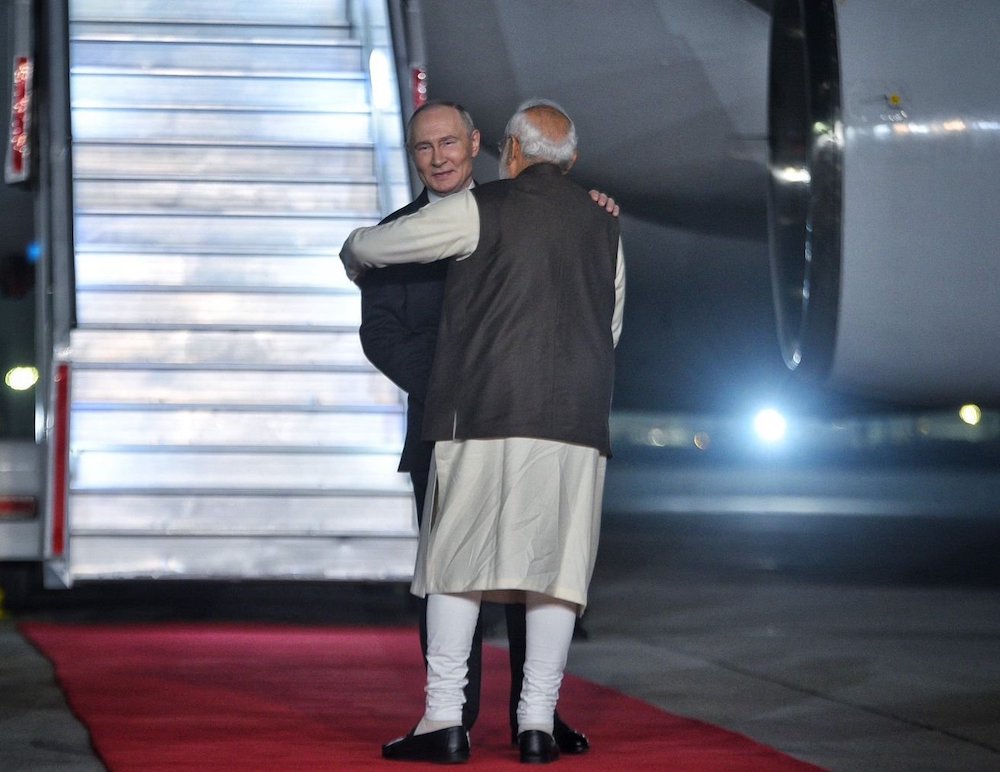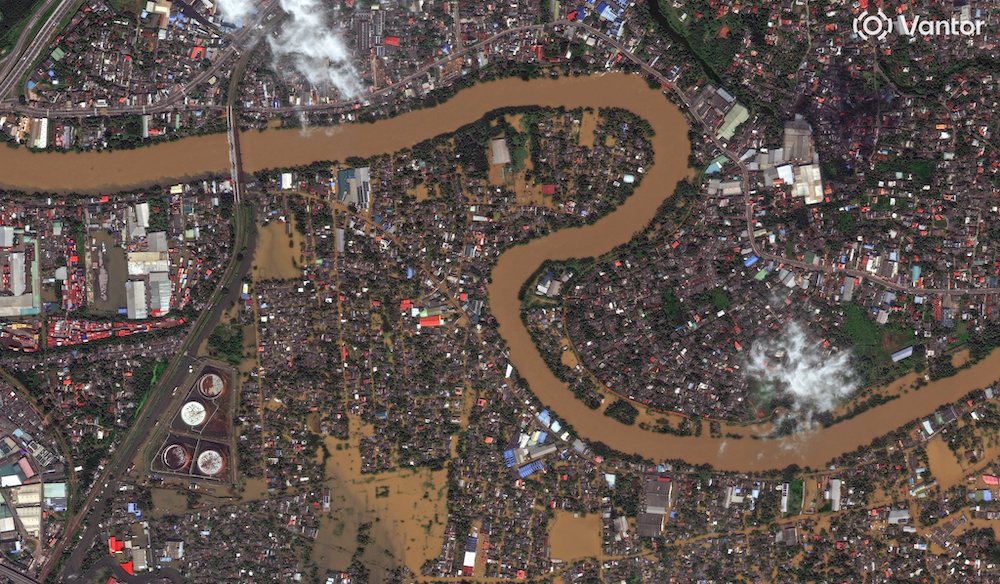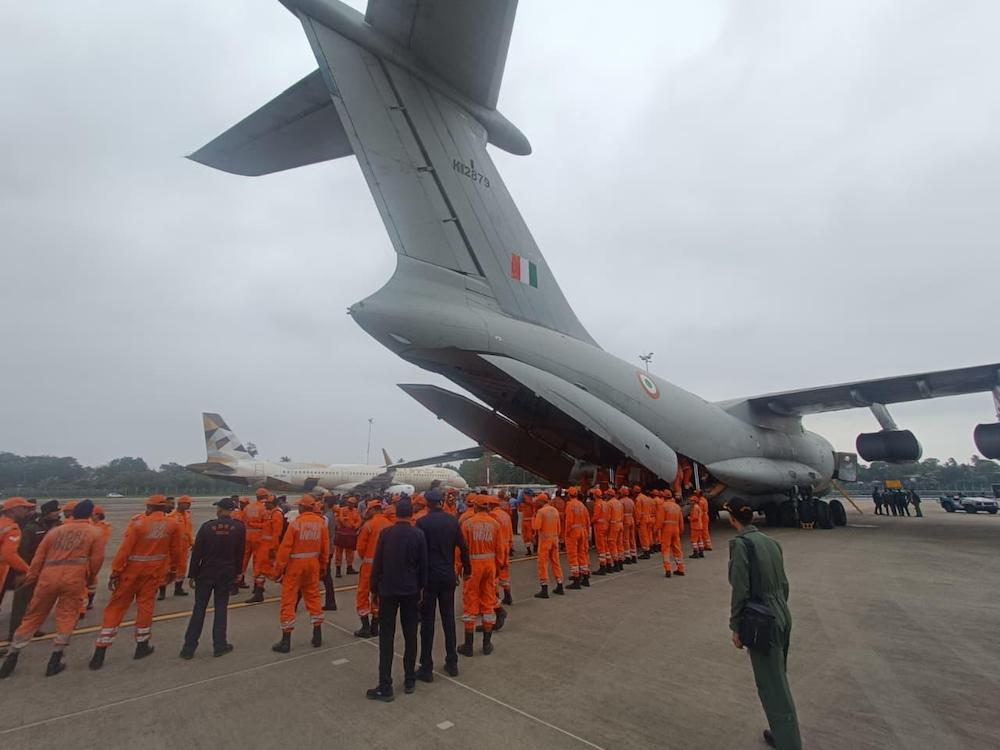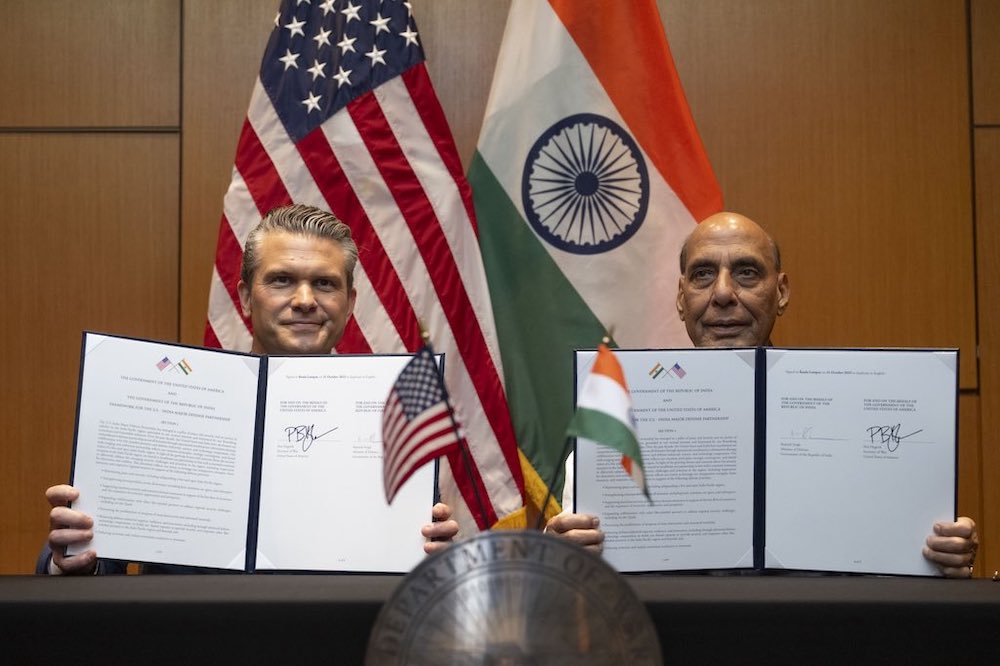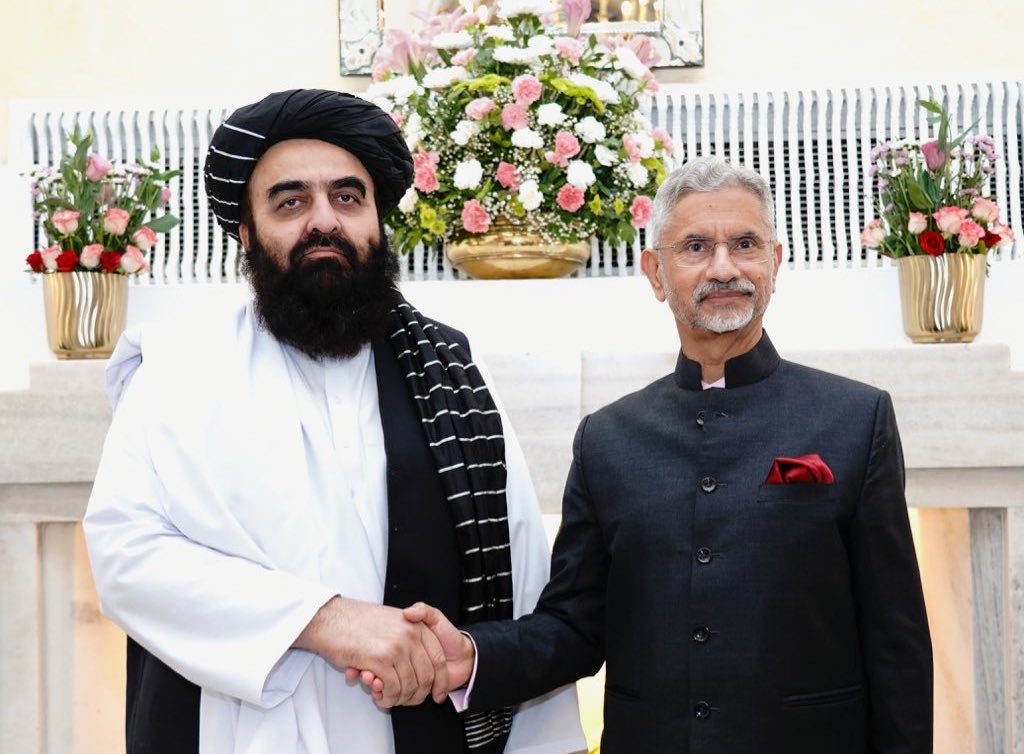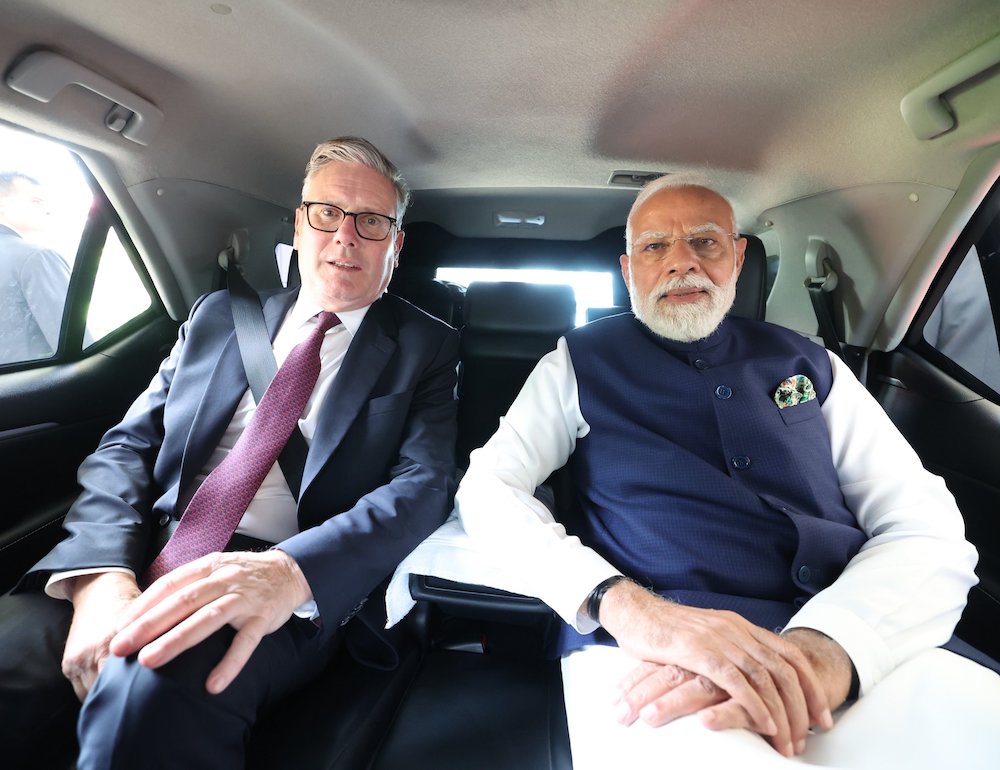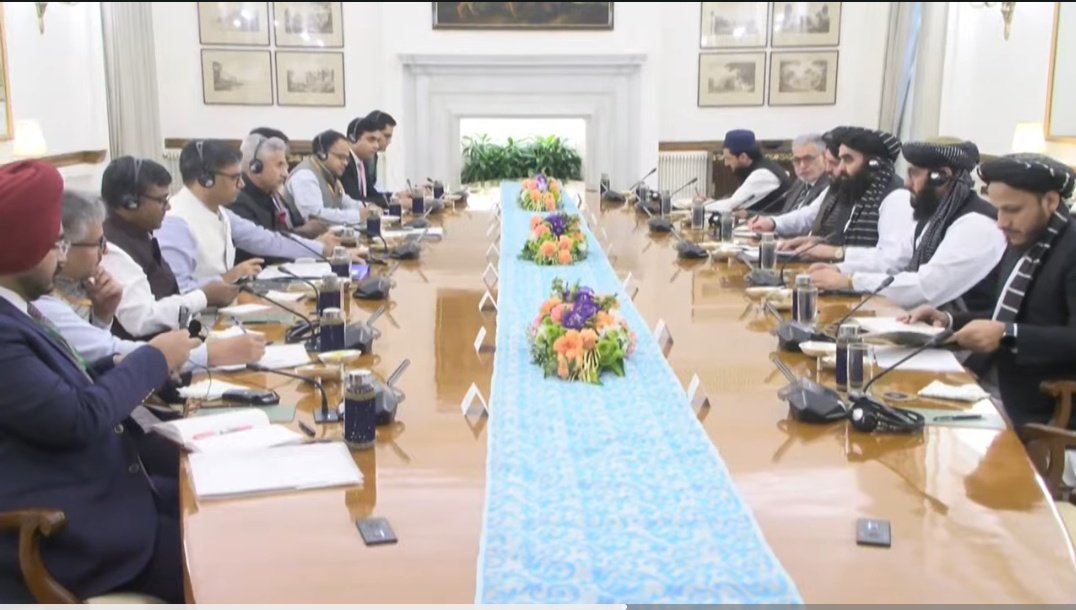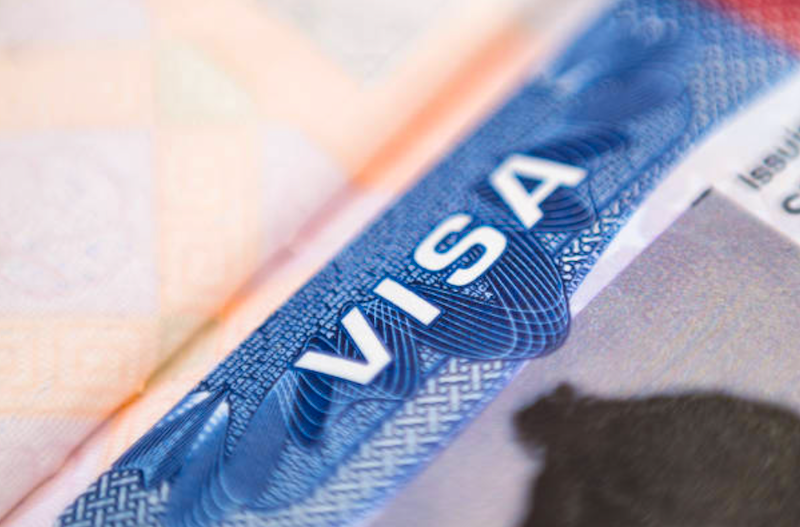 Nimisha Priya.
Nimisha Priya.
New Delhi: The fate of Nimisha Priya, a 38-year-old Kerala nurse on death row in Yemen, remains shrouded in uncertainty after conflicting claims about her sentence status created diplomatic confusion between Indian religious leaders and government sources.
On July 28, 2025, the office of a Kerala-based grand mufti, Kanthapuram AP Aboobacker Musliyar, also known as Sheikh Abubakr Ahmad, announced that Nimisha’s death sentence had been “completely cancelled” following high-level meetings in Yemen’s capital, Sanaa. However, the Ministry of External Affairs swiftly disputed these claims, with sources calling the information “inaccurate”.
The contradiction highlights the complex web of negotiations surrounding the case and exposes the limitations of New Delhi’s diplomatic leverage in Houthi-controlled Yemen, where Nimisha has been imprisoned since 2017 for murdering her business partner.
Last-minute reprieve
Nimisha’s execution was originally scheduled for July 16, but was postponed just one day earlier following intensive diplomatic and religious intervention. The reprieve came after multiple stakeholders, including the government, religious leaders, and humanitarian activists, mounted a coordinated effort to save her life.
The postponement involved complex diplomatic manoeuvring, with Abdul Malik Al Nehaya, ruler of the Al Wasab region, meeting Yemen’s president, Rashad al-Alimi, on July 11. The president subsequently consented to defer the execution, with New Delhi playing a crucial role in securing this temporary reprieve.
The most remarkable aspect has been the unprecedented intervention by religious leaders from different faiths working together. The 94-year-old grand mufti contacted Sheikh Habib Umar bin Hafiz, a renowned Sufi scholar from Tarim, Yemen, to initiate discussions with the deceased’s family, legal experts, and Yemeni judicial authorities. This religious channel proved more effective than traditional diplomatic routes, given India’s limited formal diplomatic ties with the Houthi-controlled region.
Victim’s family rejects reconciliation
The case faces a fundamental obstacle as Abdul Fattah Mahdi, brother of the murdered Yemeni businessman Talal Abdo Mahdi, has publicly denied any agreement to pardon Nimisha. In a social media post on July 29, he demanded her immediate execution and refuted claims that his family had agreed to any reconciliation.
The victim’s brother emphasized that his family continues to seek “qisas” (retributive justice) under Islamic law and has not met with any intermediaries or received calls from negotiators. This stance significantly complicates efforts to secure Nimisha’s release through traditional Islamic law provisions for “diyah” (blood money).
The Save Nimisha Priya International Action Council has reportedly raised $1 million as blood money to offer to Mahdi’s family. However, the victim’s family has consistently refused to accept any financial compensation, insisting instead on the implementation of qisas under Islamic law.
A journey from hope to despair
Nimisha was born in 1987 in Kollengode, a small village in Kerala’s Palakkad district, to a modest family. Despite financial constraints, she pursued nursing education with support from a local church. However, a technical regulation prevented her from working as a nurse in Kerala because she hadn’t cleared her school-leaving examinations before beginning her nursing course.
In 2008, at age 19, she secured a nursing position at a government hospital in Sanaa. She married Tomy Thomas in 2011, and the couple had a daughter, Mishel, in 2012. When Yemen’s civil war intensified in 2014, her husband and daughter returned to India for safety, while Nimisha remained to continue working.
In 2015, Nimisha partnered with Yemeni national Talal Abdo Mahdi to establish the Al Aman Medical Clinic, investing approximately ₹50 lakh ($60,000) in the venture. Under Yemeni law, foreign nationals required local business partners to operate medical facilities.
The partnership deteriorated when Mahdi allegedly began harassing Nimisha, making false claims about being married to her, and controlling her financial and personal affairs. According to court documents, Mahdi confiscated Nimisha’s passport, preventing her from returning to India.
The fatal incident
The tragic incident occurred in July 2017 when Nimisha attempted to retrieve her passport from Mahdi. According to her version of events, she intended to sedate Mahdi with ketamine to recover her documents and flee to India. However, the dosage proved fatal, leading to Mahdi’s death from an overdose.
Nimisha and a Yemeni colleague, Hanan, allegedly dismembered Mahdi’s body and disposed of it in a water tank. She was arrested a month later while attempting to cross the Yemen-Saudi Arabia border.
Nimisha was convicted of murder in 2018 and sentenced to death by a Sanaa court in 2020. The trial was conducted in Arabic without adequate interpretation services or proper legal representation, raising concerns about due process. Her appeals were rejected by higher courts, with Yemen’s Supreme Judicial Council upholding the death sentence in November 2023.
India’s diplomatic constraints
The case has exposed significant limitations in India’s diplomatic capabilities in Yemen due to the country’s ongoing civil war and India’s lack of formal ties with the Houthi administration that controls Sanaa. The attorney general, R Venkataramani, told the Supreme Court that “there’s a point till which government of India can go. We have reached that point.”
India does not maintain an embassy in Yemen, and Nimisha is imprisoned in Houthi-controlled territory rather than in areas under the internationally recognized government in Aden. This situation has forced India to rely on informal channels, regional allies, and religious intermediaries to pursue diplomatic solutions.
The Supreme Court of India has been monitoring the case closely, with the Centre informing the court that all legal efforts have been exhausted and that blood money remains the only viable option for saving Nimisha’s life.
Nimisha’s mother, Prema Kumari, a 57-year-old domestic worker, has made extraordinary personal sacrifices to save her daughter. She sold her house to fund legal expenses and has been living in Sanaa for over a year to facilitate negotiations.
Nimisha’s husband works as a daily wage labourer and autorickshaw driver, struggling with a debt of ₹60 lakh taken in 2015 to establish the Yemen clinic. Their 13-year-old daughter Mishel has been staying in a hostel due to financial difficulties and has not seen her mother for over a decade.
Complex geopolitical backdrop
The case unfolds against the backdrop of Yemen’s devastating civil war, which began in 2014 when Houthi rebels seized control of Sanaa and other key areas. The conflict has created a complex political situation where the internationally recognized government operates from Aden while the Houthis control northern Yemen, including the capital.
This division has severely complicated diplomatic efforts, as India maintains formal ties with the recognized government but must work through informal channels to address issues in Houthi-controlled territory.
The intervention by the Kerala grand mufti, Aboobacker Musliyar, represents a unique example of religious diplomacy transcending traditional governmental channels. The grand mufti’s influence in the Islamic world, particularly his connections with Yemeni Sufi scholars, has provided alternative pathways for dialogue when conventional diplomacy reached its limits.
Future prospects remain uncertain
The current uncertainty about Nimisha’s status reflects the complex nature of negotiations involving multiple stakeholders with different interests and constraints. The victim’s family’s firm stance against pardoning creates a fundamental obstacle that may not be overcome through traditional diplomatic or financial incentives.
According to observers, cultural and religious sensitivities require careful handling and, therefore, public statements and media attention are potentially hindering rather than helping the negotiation process. The need for discretion conflicts with public pressure and media interest, creating additional challenges for those working to secure Nimisha’s release.
With blood money negotiations facing significant obstacles, alternative legal and diplomatic strategies may need exploration. These could include seeking intervention from regional allies, appealing to international human rights mechanisms, or pursuing political solutions through third-party mediation.
The case has broader implications for how India protects its citizens abroad, particularly in conflict zones and regions with limited diplomatic presence. It highlights the need for robust consular services, cultural competency in international relations, and alternative diplomatic mechanisms for crisis situations.
The precedent set by religious leaders’ intervention may influence future approaches to humanitarian diplomacy, which shows the potential value of non-state actors in international crisis resolution. However, it also raises questions about the coordination between official and unofficial diplomatic efforts.
As negotiations continue behind the scenes, several learned commentators are of the view that the ultimate resolution of Nimisha’s case will depend on factors that extend far beyond legal proceedings or diplomatic pressure.

